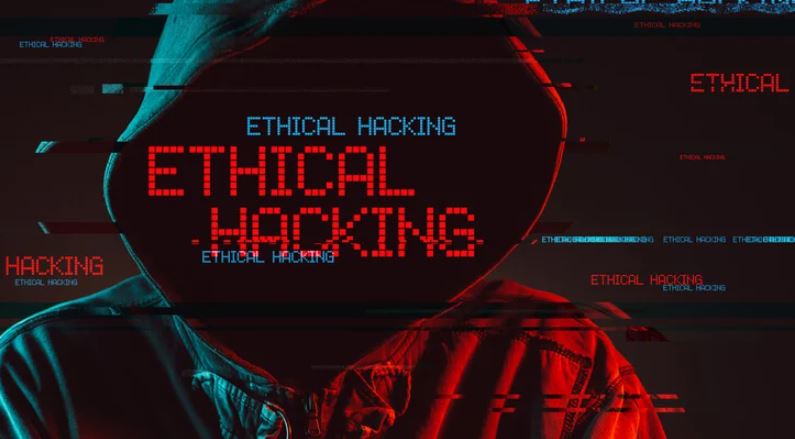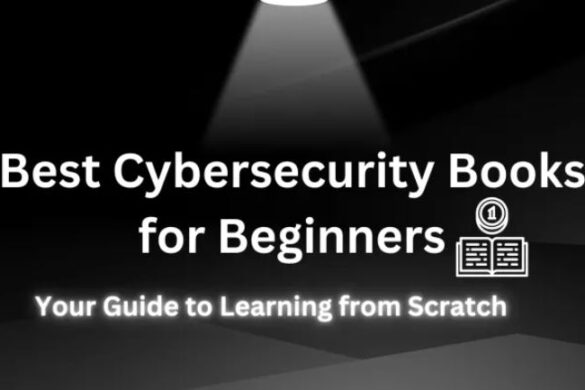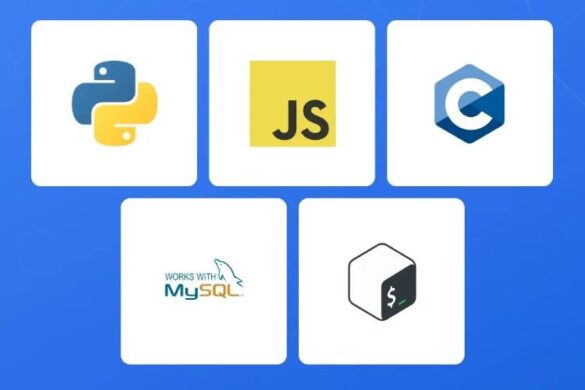In the digital age, where businesses and individuals rely heavily on technology, the threat landscape has expanded beyond imagination. Cybercriminals continuously develop new strategies to exploit vulnerabilities, steal data, and disrupt operations. To counter these threats, organizations are turning to an unconventional but highly effective approach: ethical hacking.
Ethical hackers, often known as “white-hat hackers,” use the same techniques as malicious attackers but with one crucial difference—they do it legally, with permission, and for the purpose of improving security. This article explores the concept of ethical hacking, its importance, methods, benefits, challenges, and its future role in cybersecurity.
What Is Ethical Hacking?
Ethical hacking is the authorized practice of bypassing system security to identify potential threats and vulnerabilities in a network, application, or infrastructure. Unlike malicious hacking, it performed by professionals who have explicit permission to test and secure systems.
In simple terms, ethical hackers think like criminals to help organizations defend against criminals.
Why Is Ethical Hacking Important?
Rising Cyber Threats
With increasing data breaches, ransomware attacks, and identity theft incidents, organizations cannot rely solely on firewalls and antivirus programs.
Identifying Weaknesses Before Hackers Do
allows businesses to discover and patch vulnerabilities before they are exploited by malicious actors.
Regulatory Compliance
Industries such as finance, healthcare, and government agencies often require penetration testing and hacking to meet compliance standards.
Building Customer Trust
When companies demonstrate commitment to cybersecurity through regular testing, they earn customer confidence.

The Difference Between Ethical and Malicious Hacking
Ethical Hacking (White Hat)
-
Conducted with authorization
-
Aims to improve security
-
Operates within the law
-
Documents findings and solutions
Malicious Hacking (Black Hat)
-
Conducted without permission
-
Aims to steal or damage
-
Illegal and punishable by law
-
Exploits vulnerabilities for personal gain
Gray Hat Hacking
Between the two lies gray hat hacking, where hackers exploit systems without permission but without malicious intent. Though they may report vulnerabilities, they still act illegally.
Types of Ethical Hackers
White Hat Hackers
Cybersecurity professionals who follow ethical guidelines and protect organizations.
Red Teams
Specialized groups that simulate real-world attacks to test defense mechanisms.
Blue Teams
Defensive teams responsible for monitoring, detecting, and responding to attacks.
Purple Teams
A hybrid approach where red and blue teams collaborate to strengthen security.
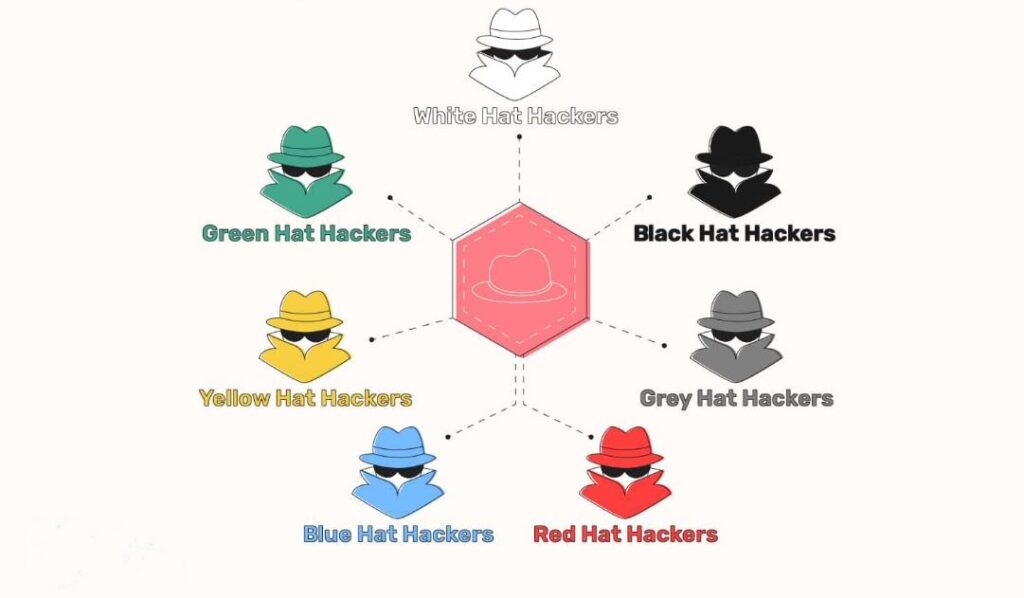
Phases of Ethical Hacking
Ethical hacking follows a structured methodology, often similar to the penetration testing lifecycle.
Reconnaissance (Information Gathering)
-
Passive reconnaissance: Collecting data from public sources
-
Active reconnaissance: Direct interaction with the target to gather insights
Scanning and Enumeration
-
Port scanning
-
Vulnerability scanning
-
Identifying open services
Gaining Access
Exploiting vulnerabilities to enter systems, much like malicious hackers would.
Maintaining Access
Testing how long access can be sustained without detection.
Analysis and Reporting
Documenting vulnerabilities discovered, risks involved, and remediation strategies.
Common Tools Used in Ethical Hacking
Network Scanning Tools
-
Nmap
-
Angry IP Scanner
Vulnerability Assessment Tools
-
Nessus
-
OpenVAS
Exploitation Frameworks
-
Metasploit
Password Cracking Tools
-
John the Ripper
-
Hashcat
Wireless Network Testing Tools
-
Aircrack-ng
Web Application Testing Tools
-
Burp Suite
-
OWASP ZAP
Real-World Applications of Ethical Hacking
Banking and Financial Services
Protecting sensitive financial data and preventing fraud.
Healthcare
Securing patient records against data breaches.
Government and Defense
Preventing cyber-espionage and safeguarding national security.
E-Commerce
Ensuring safe transactions and customer data protection.
Benefits of Ethical Hacking
For Organizations
-
Identifies vulnerabilities proactively
-
Reduces downtime and financial losses
-
Improves compliance with laws and standards
-
Strengthens brand reputation
For Individuals
-
Career opportunities in a growing field
-
Contributes positively to cybersecurity
-
Enhances technical knowledge
Limitations and Challenges of Ethical Hacking
High Cost
Hiring skilled ethical hackers or conducting penetration tests can be expensive.
False Sense of Security
One-time testing is not enough; security must be continuous.
Risk of Misuse
If ethical hackers misuse their knowledge, it can cause significant harm.
Constantly Evolving Threats
Cybersecurity is a moving target, and ethical hacking must evolve constantly.
Legal and Ethical Considerations
Authorization Is Mandatory
Testing without explicit consent is illegal.
Data Privacy
Ethical hackers must ensure sensitive information remains confidential.
Following Industry Standards
Frameworks like ISO 27001, NIST, and PCI DSS provide guidelines for hacking.
Certifications in Ethical Hacking
CEH (Certified Ethical Hacker)
Globally recognized certification validating hacking skills.
OSCP (Offensive Security Certified Professional)
Hands-on certification focusing on penetration testing.
CompTIA Security+ and PenTest+
Foundational certifications covering security principles.
CISSP (Certified Information Systems Security Professional)
Advanced certification for experienced professionals.
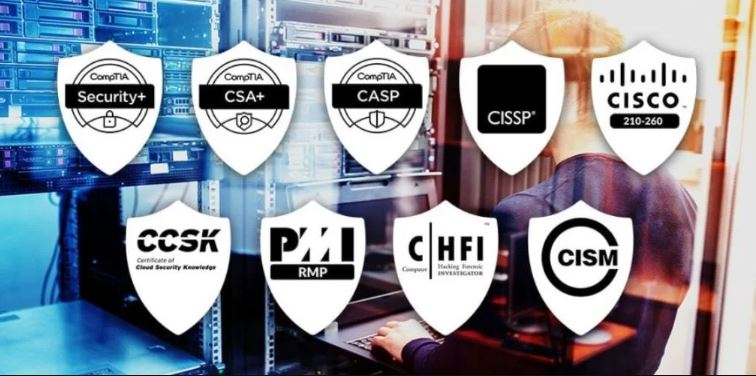
Ethical Hacking as a Career
Skills Required
-
Strong networking knowledge
-
Proficiency in programming languages
-
Knowledge of operating systems
-
Analytical thinking
Job Roles
-
Penetration tester
-
Security consultant
-
Vulnerability assessor
-
Cybersecurity analyst
Salary Prospects
Ethical hackers are among the highest-paid professionals in IT due to high demand and skill shortage.
Future of Ethical Hacking
Artificial Intelligence and Machine Learning
AI will enhance both hacking techniques and defensive strategies.
Cloud Security Testing
As businesses migrate to cloud platforms, ethical hacking will focus more on cloud infrastructures.
IoT Security
With billions of connected devices, IoT security will be a critical area for ethical hackers.
Quantum Computing
Future threats from quantum computers will require ethical hackers to develop new defense mechanisms.
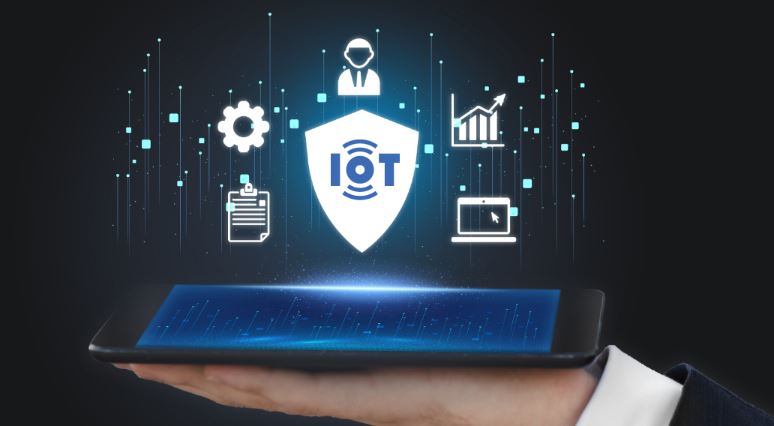
Conclusion
Ethical hacking is more than just a buzzword—it is a necessary defense strategy in today’s world of advanced cyber threats. By identifying vulnerabilities before malicious hackers do, ethical hackers play a vital role in safeguarding businesses, governments, and individuals.
While challenges exist, the benefits of hacking far outweigh the risks. Organizations that invest in ethical hacking not only protect their assets but also build trust with their customers. Ultimately, ethical hackers serve as the digital guardians of the modern world, ensuring that technology continues to benefit society safely.
